A viral post claims that Minneapolis just became the first major U.S. city to broadcast the Islamic call to prayer five times per day over loudspeakers “for the whole city to hear.”
“Someone in Minneapolis needs some stones and stand up against this,” reads one reply to the post. “So much for the separation of church and state in Minneapolis!” says another.
Local and state policies in Minnesota have faced increased national scrutiny in recent weeks following Gov. Tim Walz’s selection as Kamala Harris’ running mate in August.
The post is not entirely false, but is missing important context. In 2023, Minneapolis changed its noise ordinance laws to allow the Muslim call to prayer to be broadcast by mosques in the city, but the city itself does not issue the broadcasts.
Minnesota has been the epicenter of Muslim migration to the United States since the 1990s, particularly in the Twin Cities of Minneapolis and St. Paul. As of 2020, an estimated 140,000 Muslims resided in Minnesota, and there were at least 76 mosques across the state.
Mosques typically broadcast a call to prayer—known as the “adhan”—five times per day: at dawn, noon, afternoon, evening, and nightfall. The earliest prayer begins when light first appears each morning, which can be as early as 3:30 a.m. during summers in Minneapolis. The latest prayer, which takes place once the night sky is visible, often occurs as late as 11 p.m. in Minneapolis during the summer solstice.
Mosques in Minneapolis have been allowed to broadcast the call to prayer without a specific permit since 2022, but city noise ordinances often prevented public broadcasts of the earliest and latest calls to prayer and limited the broadcasts to 70 decibels or less. In 2023, the Minneapolis City Council voted to amend its noise ordinance, allowing all five broadcasts to sound regardless of the time of day.
If you have a claim you would like to see us fact check, please send us an email at factcheck@thedispatch.com. If you would like to suggest a correction to this piece or any other Dispatch article, please email corrections@thedispatch.com.
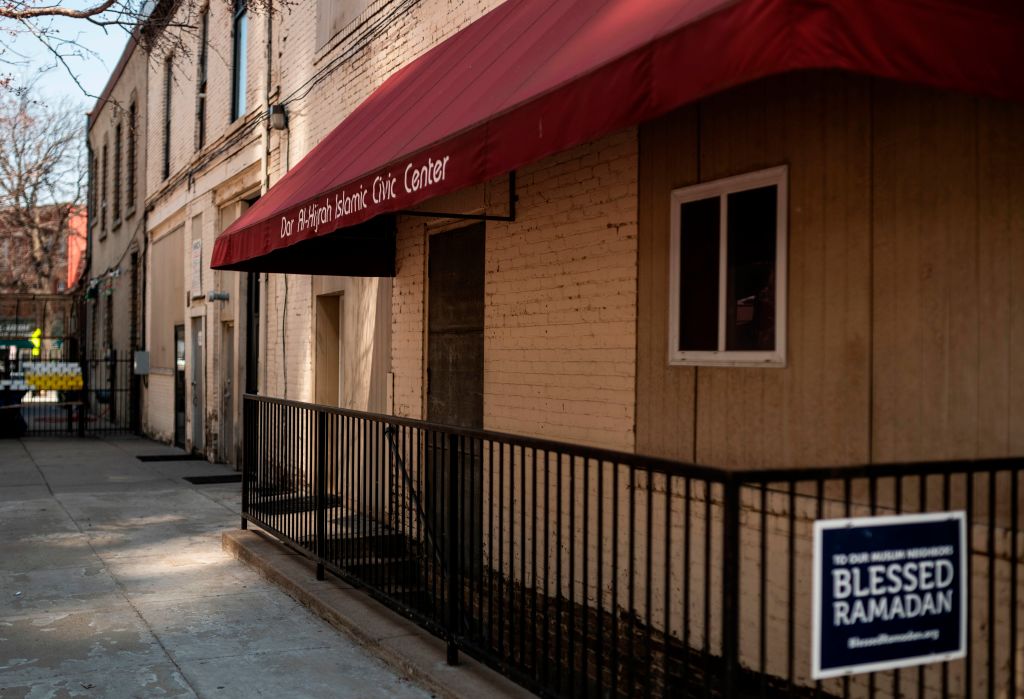


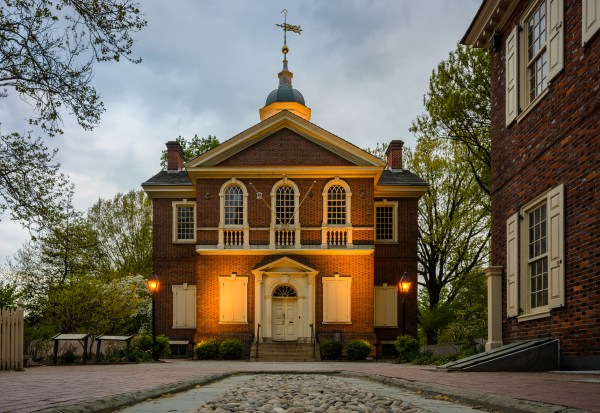
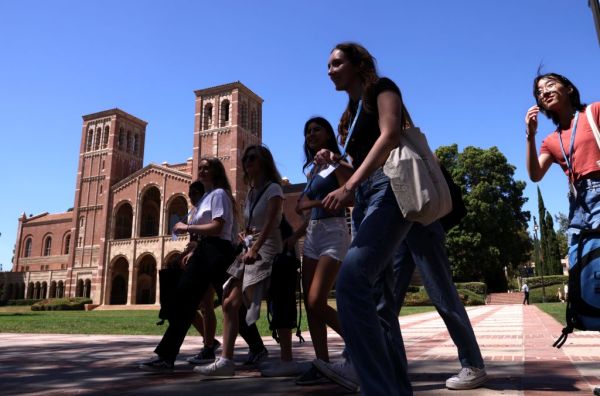


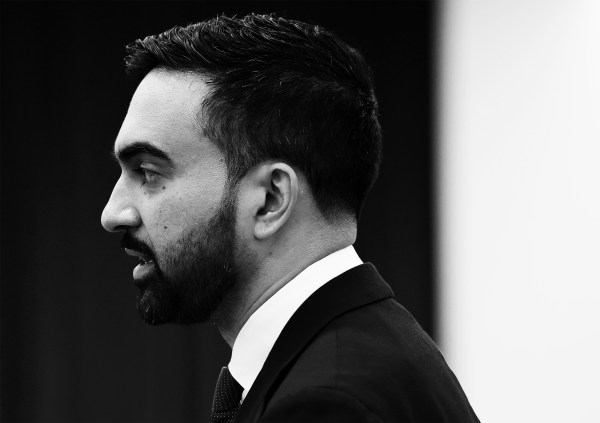
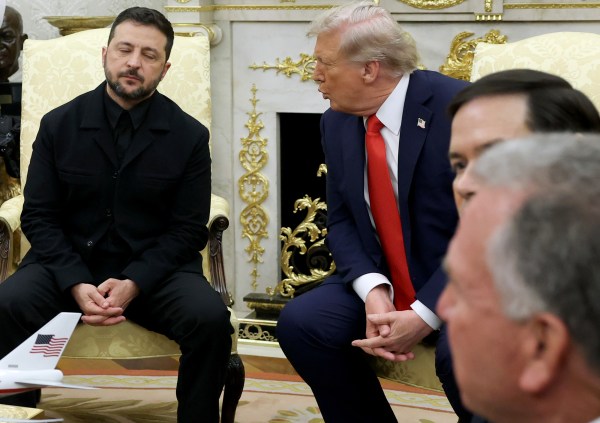

Please note that we at The Dispatch hold ourselves, our work, and our commenters to a higher standard than other places on the internet. We welcome comments that foster genuine debate or discussion—including comments critical of us or our work—but responses that include ad hominem attacks on fellow Dispatch members or are intended to stoke fear and anger may be moderated.
With your membership, you only have the ability to comment on The Morning Dispatch articles. Consider upgrading to join the conversation everywhere.